The prestige beauty market is being impacted by Amazon Arbitrage. Sellers of all sizes are sourcing discounted products and selling them on Amazon for a profit. What makes it so enticing? First, anyone can do it with a small investment. Second, it can be a great way to make money quickly.
This practice is having a negative impact on prestige beauty brands. They are seeing their products sold at lower prices than they intended, and it's eroding the trust that consumers have in these brands. In this blog post, we'll take a closer look at the impact of Amazon Arbitrage on prestige beauty brands and what brand protection strategies are available to them.
While this article focuses on prestige beauty brands, the Amazon arbitrage beauty business model can also be translated to professional beauty brands. An example of a professional beauty brand that is committed to arbitrage and division is Paul Mitchell. You can hear from John Paul about how they are adapting a process to reclaim unauthorized sales online using the Amazon Professional Beauty Platform.
What is Retail Arbitrage?
Behind the complex phrase is a simple concept. A seller purchases products from a retail outlet at a discount and sells these discounted products for a profit.
Let’s take the humble pen as an example. You walk into a Walmart store and notice that pens at the store are on sale. A $4 pen is being sold for $2. For smart retail arbitrage sellers, this is an opportunity. You buy 100 pens for this discounted rate and put up a listing on Amazon selling the same pen. The catch is that you’re selling it for $3.90. That gives you a healthy margin while still being cheaper than the retail price!
So, what’s the difference between retail arbitrage and normal retailing? When it comes to retail arbitrage there are no suppliers or manufacturers involved. You are buying directly from a retail store or market. This can cut into your profit margin but is often easier than finding, and sourcing products through a supplier.
Introduction to Amazon's Beauty Arbitrage Business Model and How it Works
Retail arbitrage is often misinterpreted because some are saying this is the same as normal retailing but that is different. In traditional retail, you buy direct from the manufacturer, and during wholesale arbitration, you purchase your product through a different retailer. Its biggest contributor was the price differences.
Those seeking a way to make money have switched to Amazon retail arbitrage. This is the business model where a customer buys a product from Amazon and sends the product to a store. Is time-saving really beneficial for business?
How does Amazon Retail Arbitrage Work with Prestige Beauty?
The Amazon Arbitrages method is shown in an illustration at the start. Tell me about some of our prior examples. Consider a seller who goes to a discount store like TJ Maxx and uses Amazon's sales tool to evaluate ROI. The individual frequently discovers makeup brushes from well-known cosmetic brands, such as Smashbox, at drastically reduced prices
These brushes could have been renamed and reformulated before being sent to JCMaxx by Smash Box. Perhaps they were given to BeautyBox, who couldn't offer them to everyone anymore, so they smashed them up. The dealer sees that the brushes are straightforward to arbitrate in both situations.
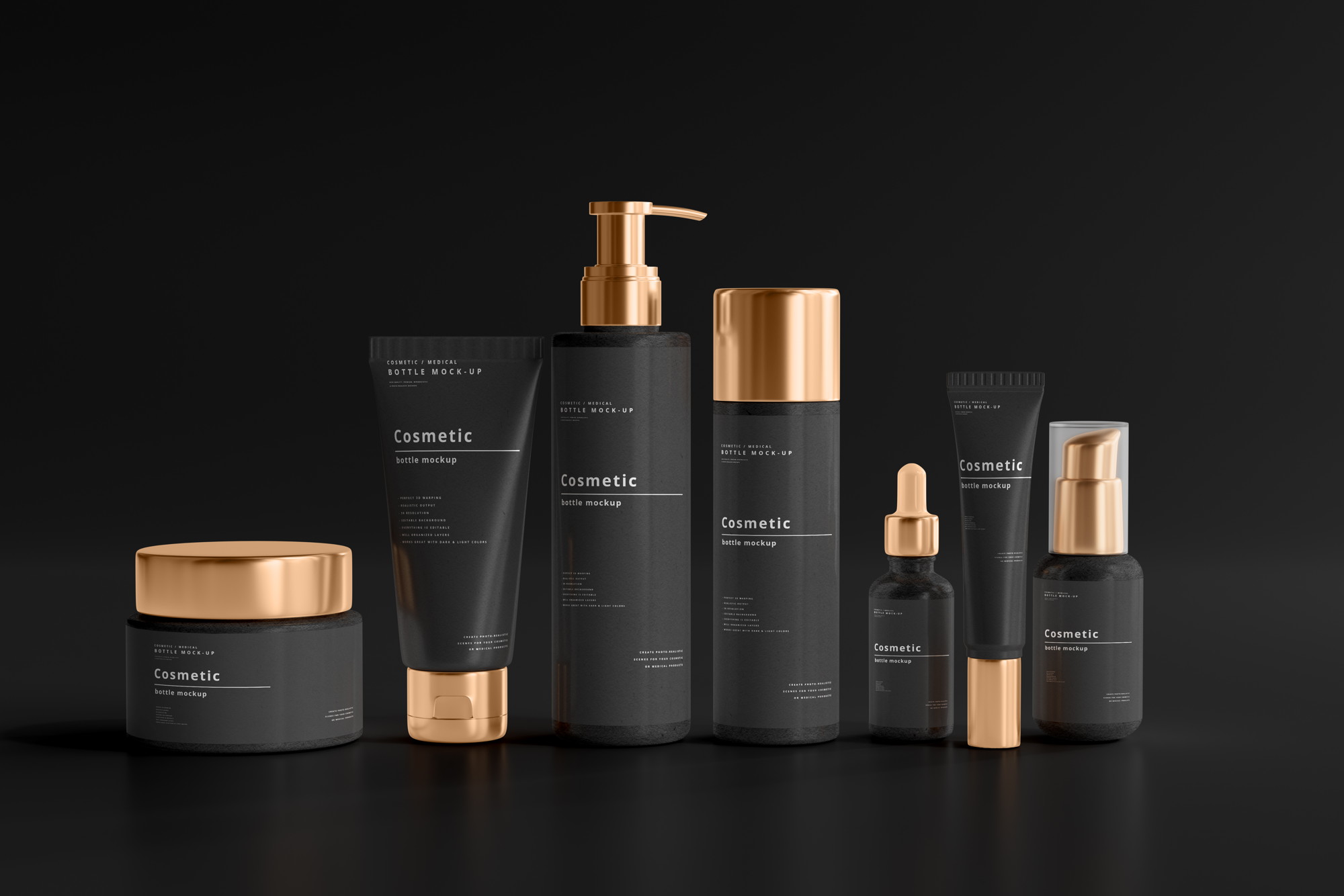
Difference between Retail Arbitrage and Online Arbitrage
When it comes to professional beauty products, there are two main types of arbitrage: retail arbitrage and online arbitrage. Retail store arbitrage involves buying beauty products from a brick-and-mortar store and then selling them online at a higher price.
Online arbitrage, on the other hand, involves buying beauty products from online retailers and then selling them on a different online platform for a higher price. Both types of arbitrage can be profitable, but there are some key differences to keep in mind.
For starters, retail arbitrage requires you to have a physical retail store presence in the brick-and-mortar store. This means that you'll need to invest in transportation costs and have the time to go back and forth between the store and your home or office.
Online arbitrage, on the other hand, can be done entirely from the comfort of your own home. You can source products from anywhere in the world and sell them on any number of online platforms.
Another key difference is that retail store arbitrage generally has a lower profit margin than online arbitrage. This is because there are more overhead costs associated with running a brick-and-mortar business. Online businesses, on the other hand, have much lower overhead costs. This means that you can potentially make a higher profit margin on each sale.
Solutions for Prestige Beauty Brands on Amazon
While beauty brands have always faced the challenge of counterfeits, the growing popularity of e-commerce has created a new problem: retail arbitrage. This can be particularly damaging to prestige beauty brands, as it not only cuts into their profits, erodes customer trust and ultimately the brand equity.
Fortunately, there are steps that beauty brands can take to combat retail arbitrage.
- Work with an agency such as beBOLD Digital that only focuses on beauty brands to help give your brand with the Amazon Premium Beauty program.
- Work closely with authorized resellers and monitor their inventory levels.
- Track prices across different channels and quickly flag any anomalies.
- Work with one authorized seller but beauty brands give away too much margin through.
- Beauty brands can use digital rights management technologies to prevent unauthorized resellers from selling their products online.
- Use of an analytics reporting tool such as Amazon Brand Analytics
By taking these steps, prestige beauty brands can protect their profits and maintain customer trust.
Prestige Beauty Brands Amazon's Arbitrage: Frequently Asked Questions
Is retail arbitrage legal on Amazon?
While this might seem like gray territory, the reality is legal. Does Amazon allow for arbitrage selling? Technically speaking, Amazon is permitted to allow retail arbitrage. Depending upon Amazon, a seller will practice retail arbitrage.
Can I sell branded beauty products on Amazon?
Use brands already sold at Amazon in the application for a category or sub-category authorization. Once you have successfully launched your products, you can sell them to customers who already sell them on Amazon.
How much can you make doing Amazon arbitrage?
The average retail arbitrage seller turnover is about $10,000 each month. You could easily start with about a hundred dollars and having a free Amazon Seller account is generally worth it despite a little more sales.
How do I sell my beauty on Amazon?
Each item must comply with Amazon handcrafted category listing rules. All products have the following requirements: All goods should show the material used to manufacture the product. All the products have to adhere to the Cosmetics & Cosmetics listing limits.
Conclude with your thoughts on Amazon's arbitrage business model
Amazon's beauty business was built on the idea of arbitrage - buying low and selling high. In 2015, Amazon created the Luxury (now Premium) Beauty to establish a direct relationship with prestige beauty brands to remove counterfeit products, increase consumer confidence and make more money (both the brand and Amazon) with the elimination of the 3rd party sellers.
With prestige beauty brands partnering and selling to (Amazon Vendor or 1P) or on (Amazon Seller or 3P) Amazon - this enables Amazon to offer a full selection of prestige beauty products.
You can either control or not control your brand BUT Amazon's beauty business continues to grow at a rapid pace, and it shows no signs of slowing down.

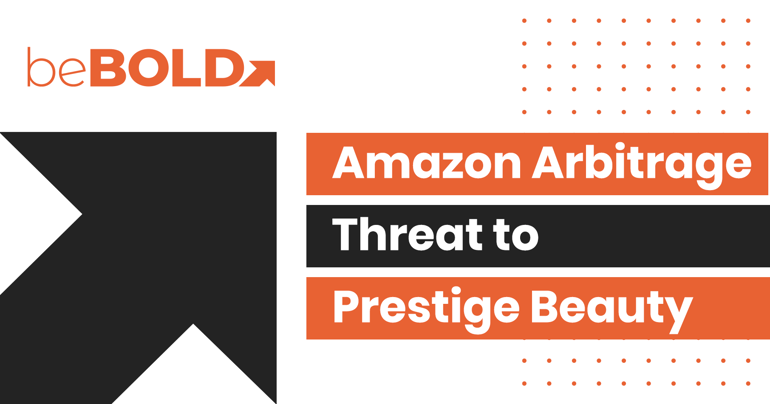


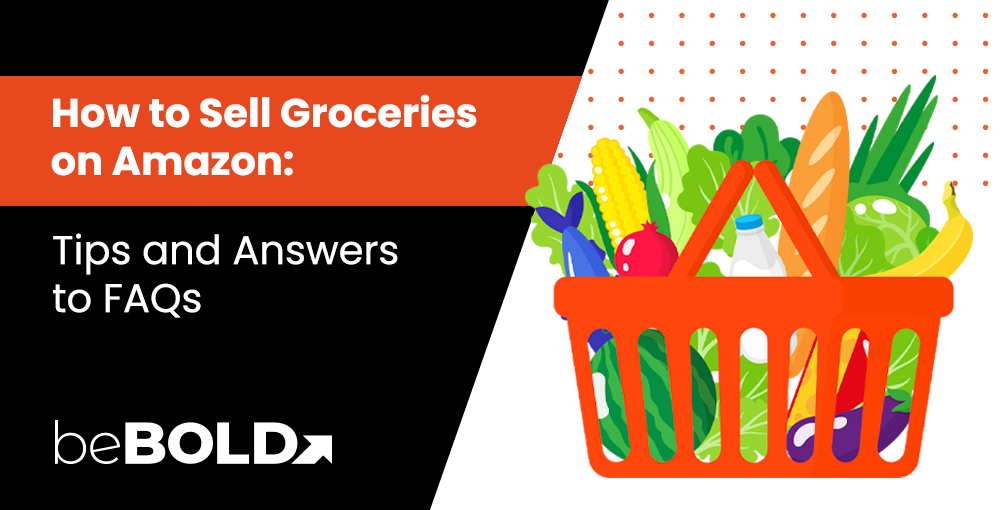
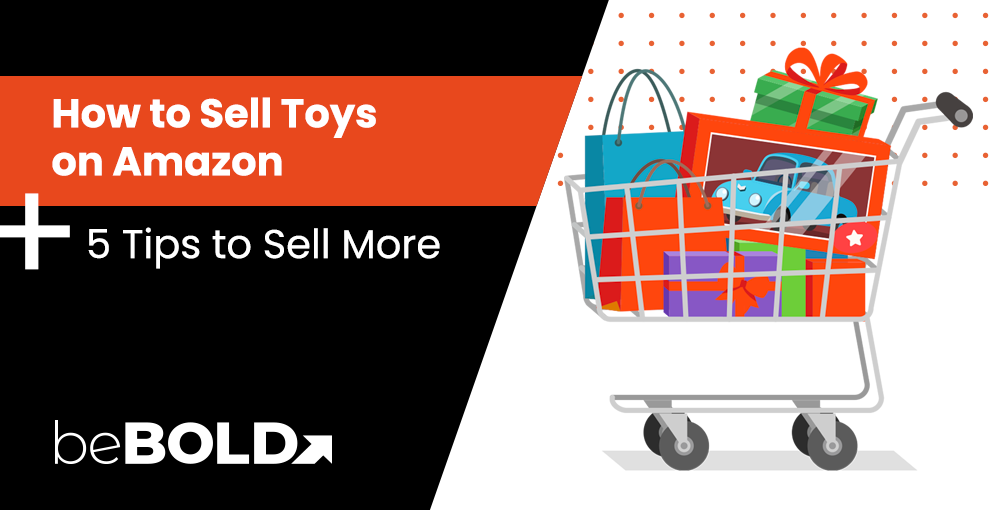
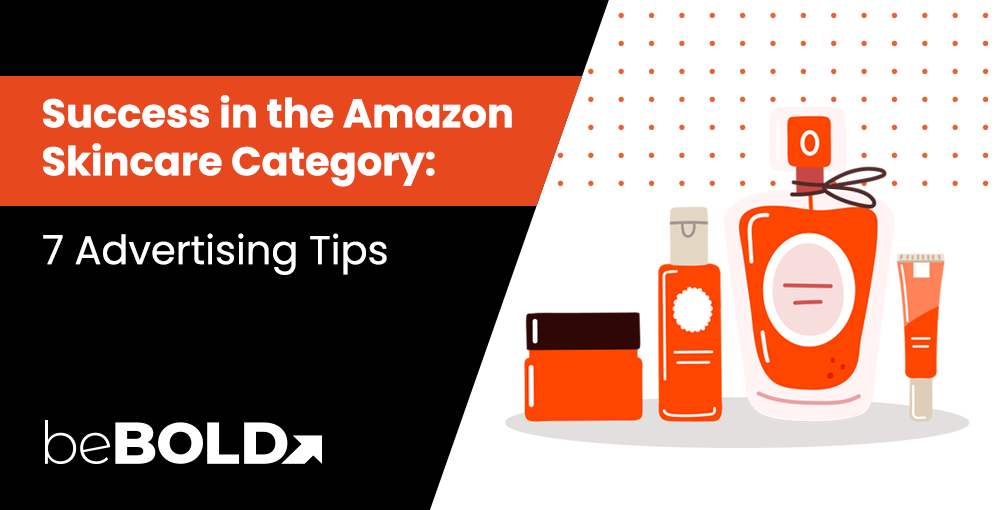
Comments